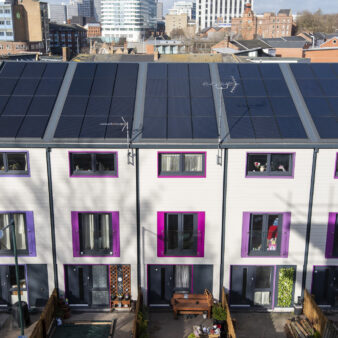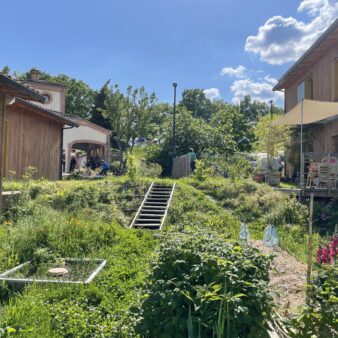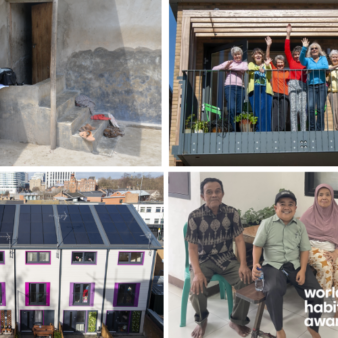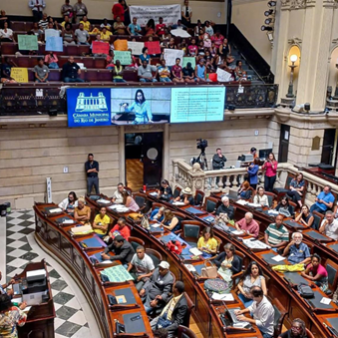Almost one-in-four (23 per cent) of Rio’s population lives in favelas, including both low- and middle-income earners. Favelas are informal settlements built by residents and have become affordable housing options for people who are financially excluded from the formal housing market.
These neighbourhoods have been historically unregulated by government authorities, and are largely self-managed by residents, who have organised into community-led forms of governance. They have invested money and time in their homes, their streets, and the many businesses and cultural activities which can make these neighbourhoods vibrant places to live. Despite this, residents often do not have formal legal right to the land where they have built their homes.
Although many of these neighbourhoods have existed for decades, favelas are constantly subject to increased threat and in some cases, residents have been attacked, and their properties vandalised to persuade them to move. In other areas, stable communities are being destroyed as residents are targeted by developers who aim to get hold of individual plots of land.
In response, Catalytic Communities and the Rio de Janeiro CLT Working Group established the Favela Community Land Trust (CLT) project which aims to introduce and adapt the CLT model to Brazil’s favelas. The model has the advantage of giving residents control and permanent security of tenure through collective ownership of land. Catalytic Communities’ approach is informed by their decades-long experience of working in Rio’s favelas. It also took inspiration from the 2015 World Habitat Award winner, Caño Martín Peña Community Land Trust, located in an informal settlement in Puerto Rico, which was developed through grassroot organising and mobilisation.
Since 2019, World Habitat has contributed to the Favela CLT project through several activities including:
- Community engagement through workshops and door-to-door surveys with residents in the pilot community of Trapicheiros
- Advancing on legal aspects such as obtaining recognition of Trapicheiros as an Area of Special Social Interest which provides a level of protection against evictions; and drafting and endorsing a federal law on Community Land Trusts.
- Activities to maintain connections, and provide solidarity and support, in particular, to vulnerable households during the COVID-19 crises
- Raising awareness and building a Brazilian movement around the implementation of CLTs in favelas across the country by collaborating with community leaders, social and housing rights movements, academic and policy institutes, including the launch of two editions of Brazil’s first National CLT Forums
- Developing communication strategies, channels and resources, including the Favela CLT website as a one-stop-shop for all information related to CLTs in the Brazilian context, and the production of the video ‘What’s a Favela Community Land Trust?’, and mobilising young local people to support social media activities
- International events such as Urban October webinars to share the Favela CLT model with international audiences
- Working with pilot communities of Trapicheiros and Esperança.
To find out more about Favela Community Land Trust download a copy of our 2021 Annual Report or catch up with all the latest CLH blogs
Or watch the 5 year anniversary event hosted by CATCOMM on YouTube (in Portuguese with auto-generated translated subtitles)




